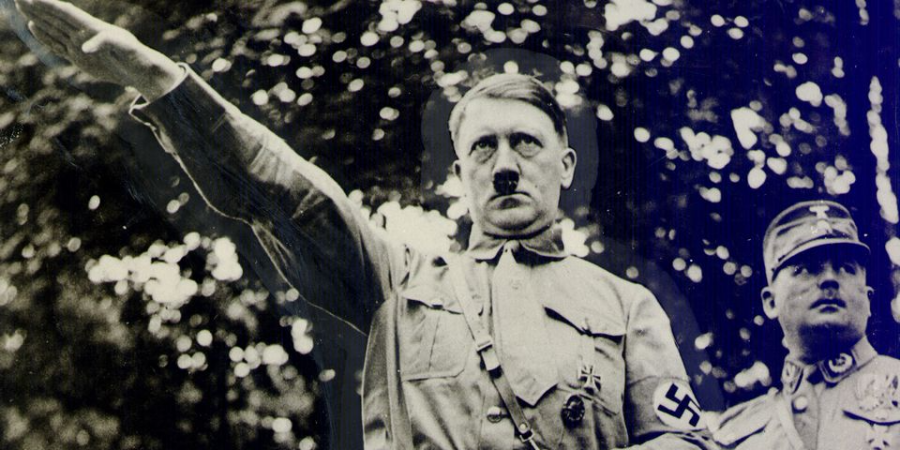

Adolf Hitler's impact on the course of history is undeniable, marked by his rise to power as the dictator of Nazi Germany and his orchestration of some of the most tragic events of the 20th century. His policies were steeped in racism, antisemitism, and expansionist ambitions, leading to catastrophic consequences, including the Holocaust and the deaths of millions of civilians and soldiers during World War II.
Born in Austria-Hungary, Hitler's early years were marked by failed endeavors and a stint in the German Army during World War I. It was during the chaotic aftermath of the war that he found a foothold in politics, eventually rising to prominence as the leader of the National Socialist German Workers' Party (Nazi Party).
Upon becoming Chancellor in 1933, Hitler wasted no time in consolidating power, dismantling democratic institutions, and establishing a totalitarian regime founded on Nazi ideology. His aggressive foreign policy, marked by territorial expansion and militarization, culminated in the outbreak of World War II with the invasion of Poland in 1939.
Hitler's pursuit of Lebensraum, coupled with his ruthless military strategies, plunged Europe into chaos and devastation. The atrocities committed under his regime, particularly the systematic extermination of six million Jews in the Holocaust, remain among the darkest chapters in human history.
Despite initial military successes, Hitler's ambitions ultimately led to the downfall of Nazi Germany. Facing defeat on multiple fronts, he chose to end his life in a Berlin bunker alongside his wife, Eva Braun, in 1945.
Historians and scholars continue to grapple with Hitler's legacy, emphasizing the importance of understanding the factors that allowed such a regime to rise to power and the enduring lessons from this period of history to prevent similar atrocities in the future.
Alois Hitler, Adolf Hitler's father, was born out of wedlock to Maria Schicklgruber. Initially bearing his mother's surname, "Schicklgruber," Alois was raised in the household of Johann Nepomuk Hiedler, the brother of Johann Georg Hiedler, who later married Maria. In 1876, Alois was legitimized, and his baptismal record was updated to reflect Johann Georg Hiedler as his father, leading Alois to adopt the surname "Hitler." There are variations in the spelling of the surname, such as "Hiedler," "Hüttler," or "Huettler," with its origin possibly linked to the German word "Hütte," meaning "hut."
Speculation has arisen regarding Alois's paternity, with Nazi official Hans Frank suggesting that Alois's mother had been employed by a Jewish family in Graz, and that their son, Leopold Frankenberger, was Alois's father. However, historical evidence does not support this claim, as no record exists of a Leopold Frankenberger in Graz during that time, and Jewish residency in Styria, Austria, had been illegal for centuries. Consequently, historians dismiss the notion that Alois's father was Jewish.
